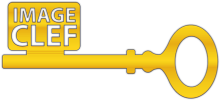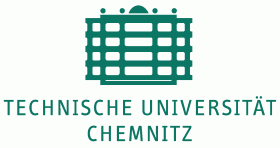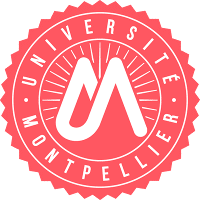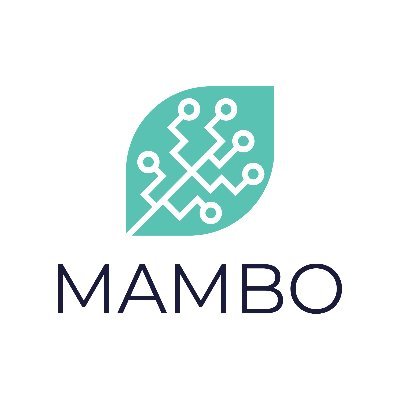- ImageCLEF 2024
- LifeCLEF 2024
- ImageCLEF 2023
- LifeCLEF 2023
- ImageCLEF 2022
- LifeCLEF2022
- ImageCLEF 2021
- LifeCLEF 2021
- ImageCLEF 2020
- LifeCLEF 2020
- ImageCLEF 2019
- LifeCLEF 2019
- ImageCLEF 2018
- LifeCLEF 2018
- ImageCLEF 2017
- LifeCLEF2017
- ImageCLEF 2016
- LifeCLEF 2016
- ImageCLEF 2015
- LifeCLEF 2015
- ImageCLEF 2014
- LifeCLEF 2014
- ImageCLEF 2013
- ImageCLEF 2012
- ImageCLEF 2011
- ImageCLEF 2010
- ImageCLEF 2009
- ImageCLEF 2008
- ImageCLEF 2007
- ImageCLEF 2006
- ImageCLEF 2005
- ImageCLEF 2004
- ImageCLEF 2003
- Publications
- Old resources
You are here
LifeCLEF 2024
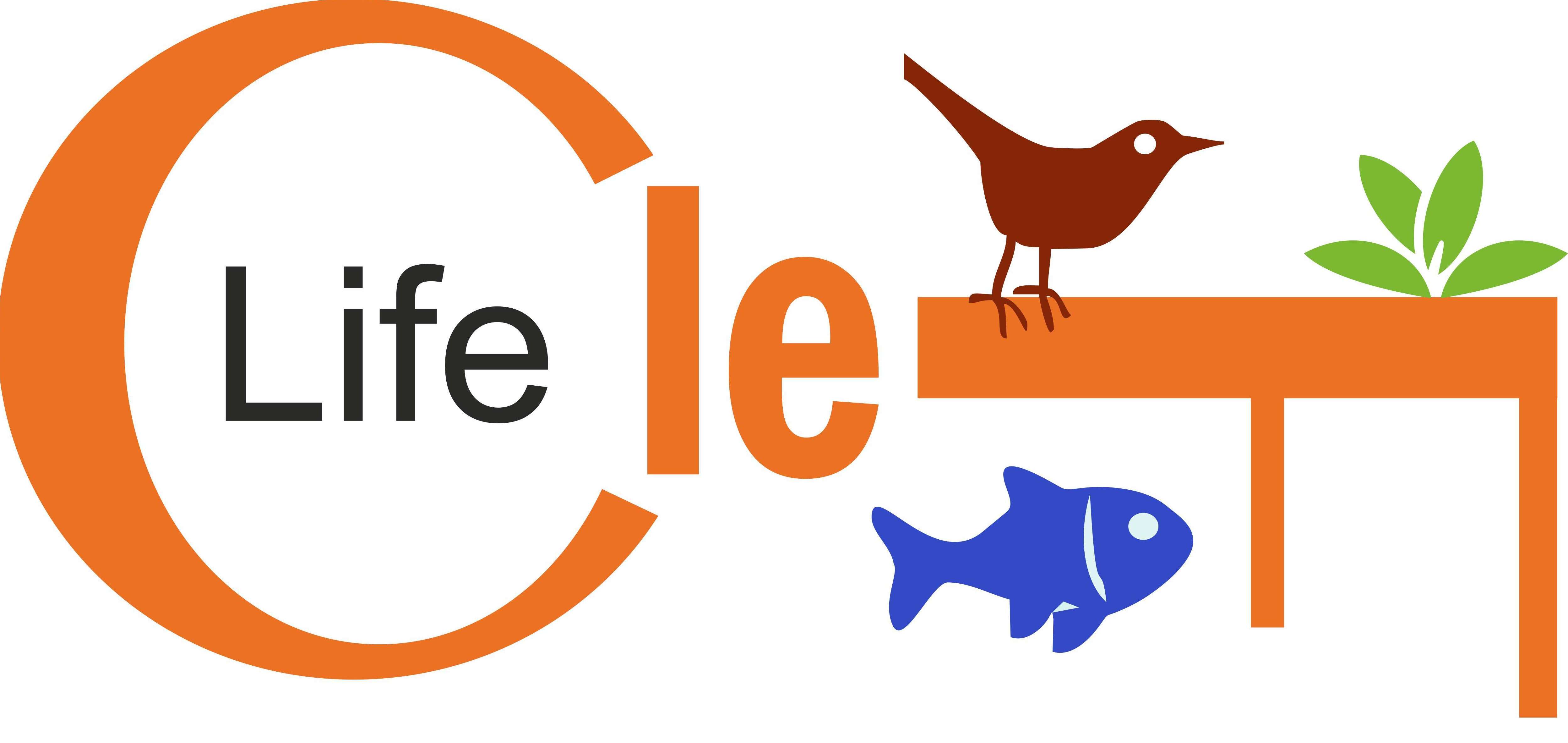
Schedule
- Jan 2024: registration opens for all LifeCLEF challenges
- Jan-March 2024: training and test data release
- 6-24 May 2024: deadline for submission of runs by participants (depends on the challenge, please refer to the page of each challenge)
- 31 May 2024: deadline for submission of working note papers by participants [CEUR-WS proceedings]
- 24 June 2024: notification of acceptance of participant's working note papers [CEUR-WS proceedings]
- 8 July 2024: camera ready copy of participant's working note papers and extended lab overviews by organizers
- 9-12 Sept 2024: CLEF 2024 Grenoble - France
CEUR Working Notes submission
For detailed instructions, please refer to SUBMISSION INSTRUCTIONS.
A summary of the most important points:
- All participating teams with at least one graded submission, regardless of the score, should submit a CEUR working notes paper.
- Submission of reports is done through EasyChair – please make absolutely sure that the author (names and order), title, and affiliation information you provide in EasyChair match the submitted PDF exactly
- Deadline for the submission of initial CEUR-WS Working Notes Papers (for the peer-review process): 31 May 2024
- Deadline for the submission of Camera Ready CEUR-WS Working Notes Papers:: 8 July 2024
- Templates are available here
- Working Notes Papers should cite both the LifeCLEF 2024 overview paper as well as the PlantCLEF task overview paper, citation information will be added in the Citations section below as soon as the titles have been finalized.
Motivation
Building accurate knowledge of the identity, the geographic distribution and the evolution of species is essential for the sustainable development of humanity, as well as for biodiversity conservation. However, the difficulty of identifying plants, animals and fungi is hindering the aggregation of new data and knowledge. Identifying and naming living organisms is almost impossible for the general public and is often difficult even for professionals and naturalists. Bridging this gap is a key step towards enabling effective biodiversity monitoring systems. The LifeCLEF campaign, presented in this paper, has been promoting and evaluating advances in this domain since 2011. The 2024 edition proposes five data-oriented challenges related to the identification and prediction of biodiversity: (i) BirdCLEF2024: bird species identification in soundscape recordings, (ii) GeoLifeCLEF 2024: species presence prediction based on occurrences data and high-resolution remote sensing images, (iii) PlantCLEF 2024: multi-species plant identification in vegetation plot images, (iv) SnakeCLEF 2024: snake species identification in medically important scenarios, and (v) FungiCLEF 2024: fungi Recognition Beyond 1-0 Cost
Registration and data access
Please look at the registration process on the page of each challenge.
CLEF Conference and working notes
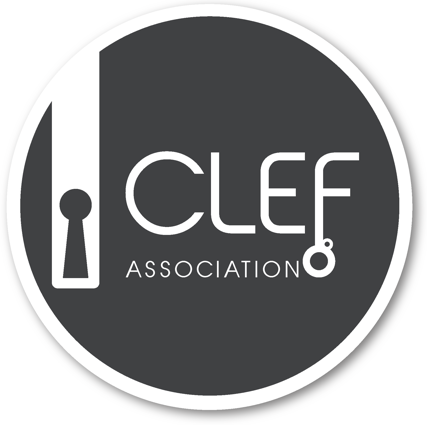 |
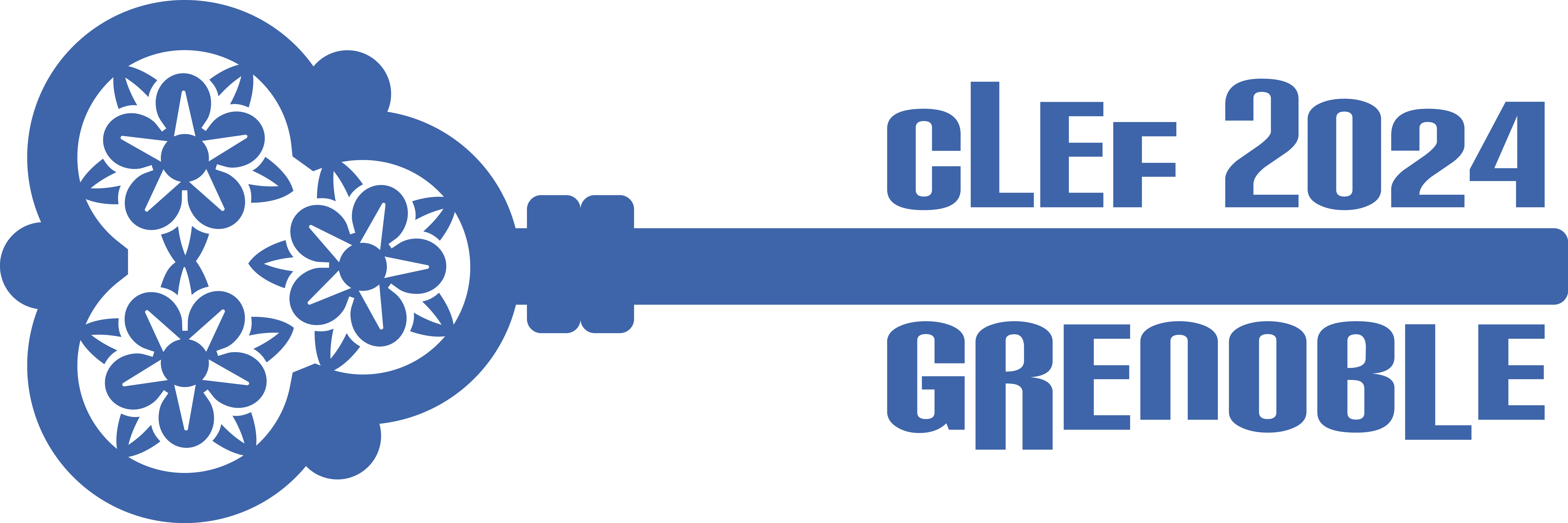 |
LifeCLEF lab is part of the Conference and Labs of the Evaluation Forum (CLEF). CLEF consists of independent peer-reviewed workshops on a broad range of challenges in the fields of multilingual and multimodal information access evaluation, and a set of benchmarking activities carried in various labs designed to test different aspects of mono and cross-language Information retrieval systems. More details can be found on the CLEF 2024 website.
Submitting a working note with the full description of the methods used in each run is mandatory. Any run that could not be reproduced thanks to its description in the working notes might be removed from the official publication of the results. Working notes are published within CEUR-WS proceedings, resulting in an assignment of an individual DOI (URN) and an indexing by many bibliography systems including DBLP. According to the CEUR-WS policies, a light review of the working notes will be conducted by LifeCLEF organizing committee to ensure quality. As an illustration, LifeCLEF 2024 working notes (task overviews and participant working notes) can be found within CLEF 2024 CEUR-WS proceedings. These proceedings are indexed by most bibliography repositories such as DBLP, Scopus, Google scholar, ResearchGate, etc.
LifeCLEF presentation at ECIR 2024
A brief overview of the whole LifeCLEF lab will be presented at ECIR 2024 conference (March 24 – March 28, 2024).
Organizing Team
Coordination
- Alexis Joly, INRIA / University of Montpellier, LIRMM, ZENITH team, France,, France, alexis.joly(replace-by-an-arrobe)inria.fr
- Henning Müller, University of Applied Sciences Western Switzerland in Sierre, Switzerland, henning.mueller(replace-by-an-arrobe)hevs.ch
- Hervé Goëau, Cirad - AMAP, Montpellier, France.
BirdCLEF
- Stefan Kahl, Center for Conservation Bioacoustics, Cornell Lab of Ornithology, Cornell University, USA, sk2487(replace-by-an-arrobe)cornell.edu>
- Willem-Pier Vellinga, Xeno-Canto foundation for nature sounds, The Netherlands, wp(replace-by-an-arrobe)xeno-canto.org
- Holger Klinck, Center for Conservation Bioacoustics, Cornell Lab of Ornithology, Cornell University, USA, holger.klinck(replace-by-an-arrobe)cornell.edu>
- Tom Denton, Google LLC, San Francisco, USA, tmd(replace-by-an-arrobe)google.com
- Hervé Glotin, University of Toulon, France, glotin(replace-by-an-arrobe)univ-tln.fr
FungiCLEF
- Lukas Picek, INRIA--Montpellier, France & Dept. of Cybernetics, FAV, University of West Bohemia, Czechia, lukaspicek@gmail.com
- Milan Sulc, Rossum.ai, Czechia, milansulc01@gmail.com
- Jiri Matas, The Center for Machine Perception Dept. of Cybernetics, FEE, Czech Technical University, Czechia, matas@cmp.felk.cvut.cz
- Jacob Heilmann-Clausen, Center for Macroecology, Evolution and Climate University of Copenhagen, Denmark, jheilmann-clausen@sund.ku.dk
GeoLifeCLEF
- Lukas Picek, INRIA--Montpellier, France & Dept. of Cybernetics, FAV, University of West Bohemia, Czechia, lukaspicek@gmail.com
- Christophe Botella, University of Montpellier, Inria, LIRMM, AMAP, France, christophe.botella(replace-by-an-arrobe)gmail.com
- Titouan Lorieul, University of Montpellier, Inria, LIRMM, titouan.lorieul(replace-by-an-arrobe)inria.fr
- Maximilien Servajean, LIRMM – UMPV, Montpellier, France, Maximilien.Servajean(replace-by-an-arrobe)lirmm.fr
PlantCLEF
- Hervé Goëau, Cirad - AMAP, Montpellier, France, herve.goeau(replace-by-an-arrobe)cirad.fr.
- Vincent Espitalier, Cirad - AMAP, Montpellier, France, vincent.espitalier(replace-by-an-arrobe)cirad.fr.
- Pierre Bonnet, Cirad – AMAP, Montpellier, France, pierre.bonnet(replace-by-an-arrobe)cirad.fr
SnakeCLEF
- Lukas Picek, INRIA--Montpellier, France & Dept. of Cybernetics, FAV, University of West Bohemia, Czechia, lukaspicek@gmail.com
- Marek Hruz, Dept. of Cybernetics, FAV, University of West Bohemia, Czechia, mhruz@ntis.zcu.cz
- Andrew Durso, Department of Biological Sciences, Florida Gulf Coast University, Fort Myers, USA
Infrastructure support
- Ivan Eggel, University of Applied Sciences Western Switzerland, Sierre, Switzerland, ivan.eggel(replace-by-an-arrobe)hevs.ch
Credits
| Attachment | Size |
|---|---|
| 13.34 KB | |
| 90.72 KB |
